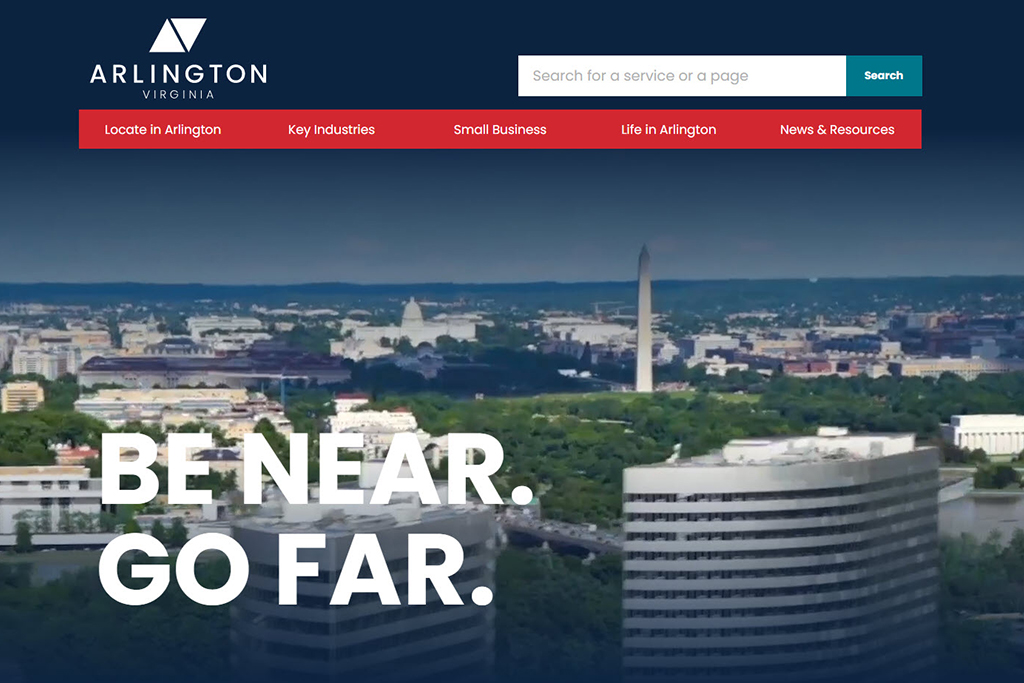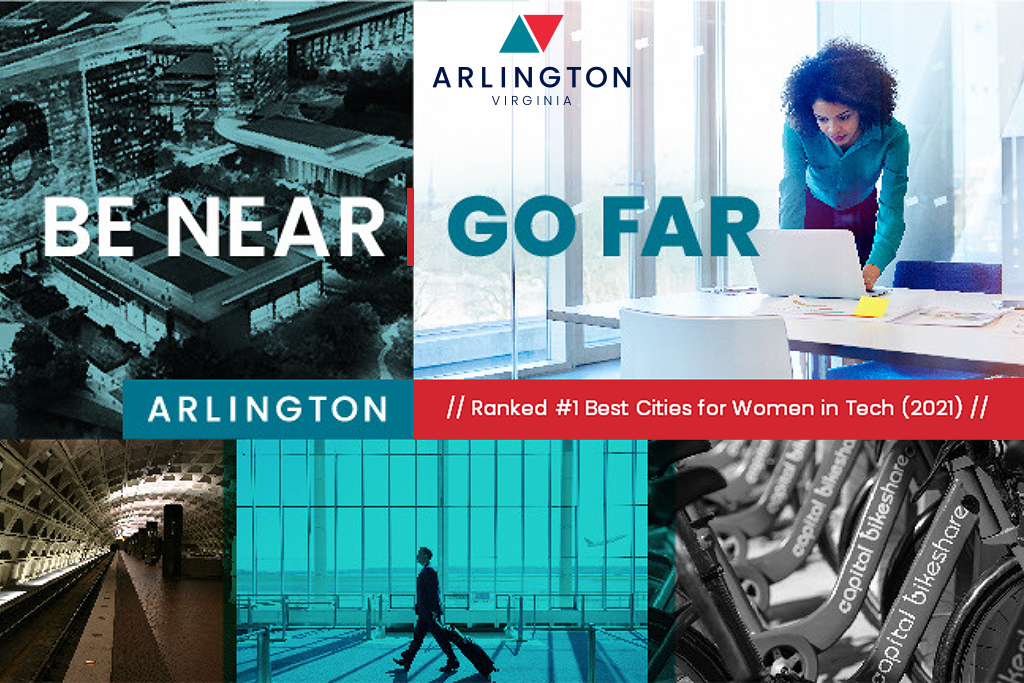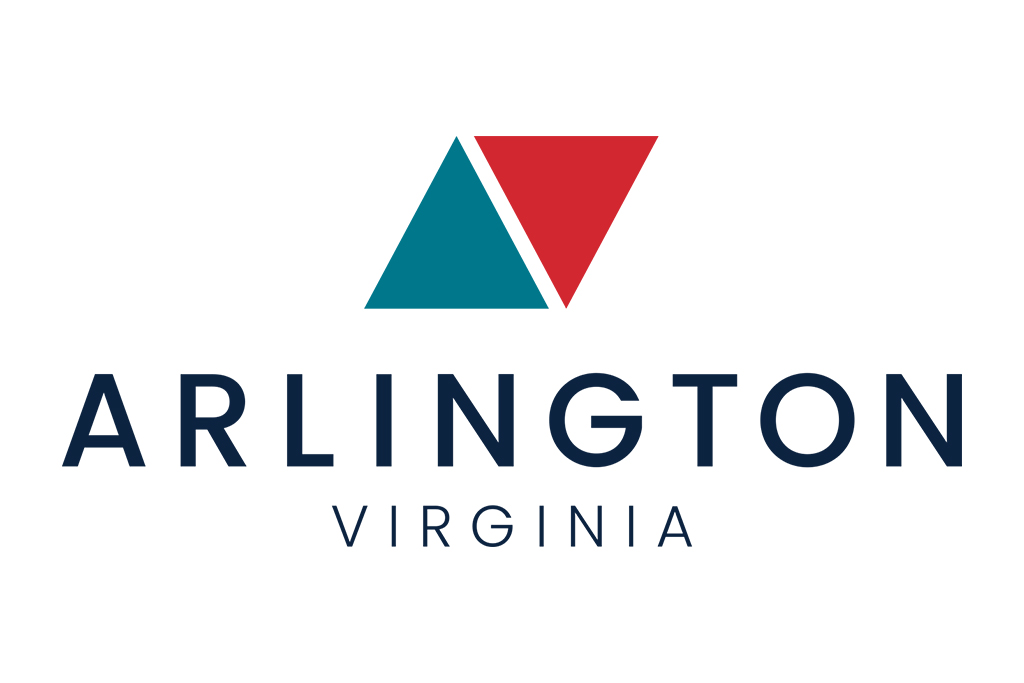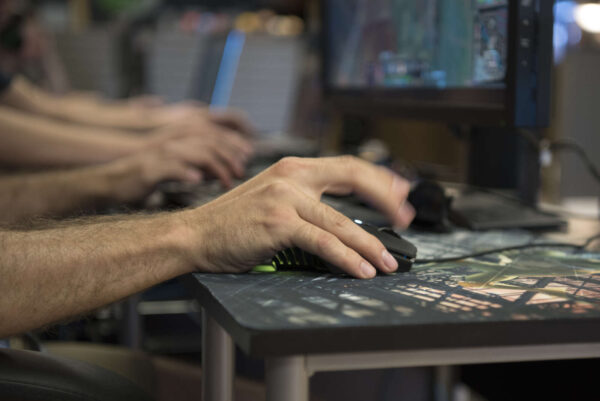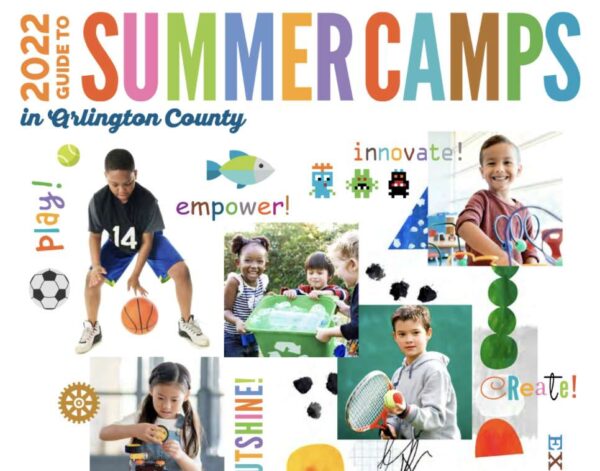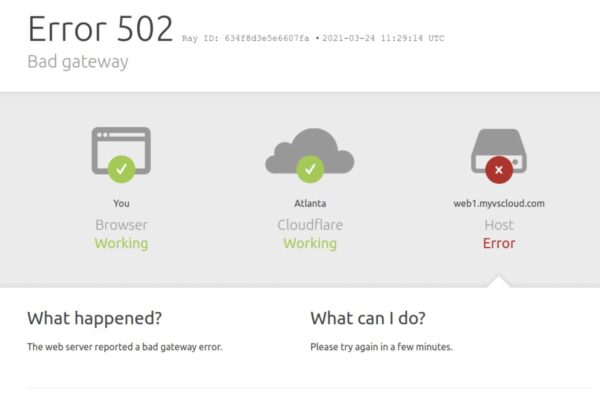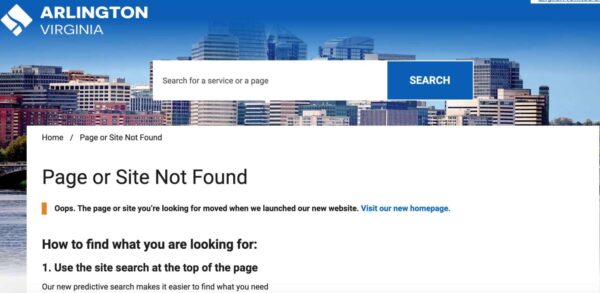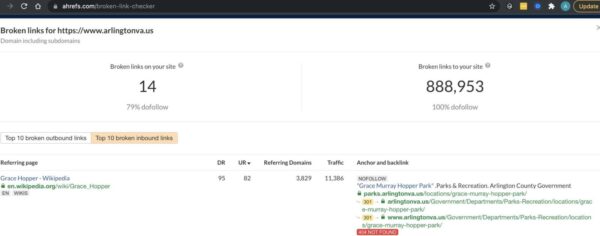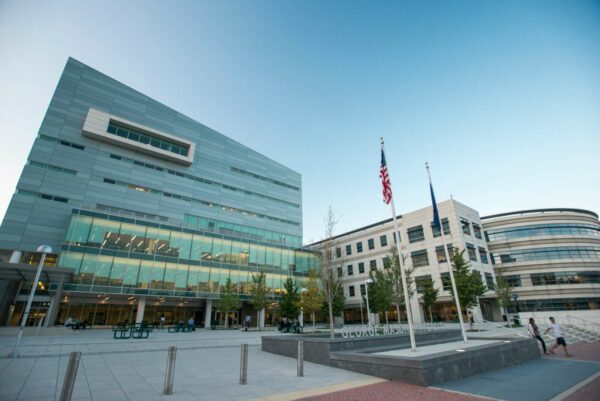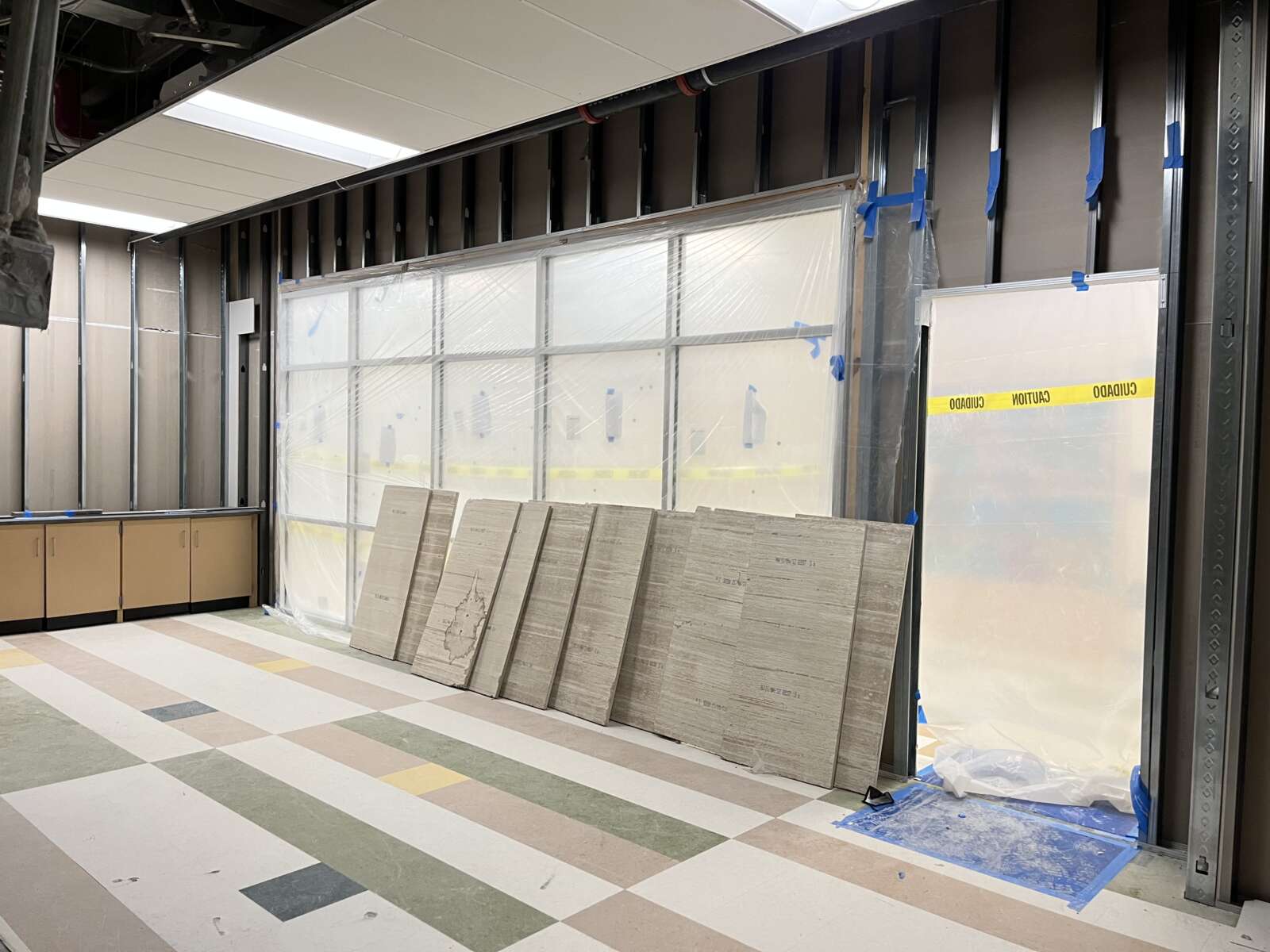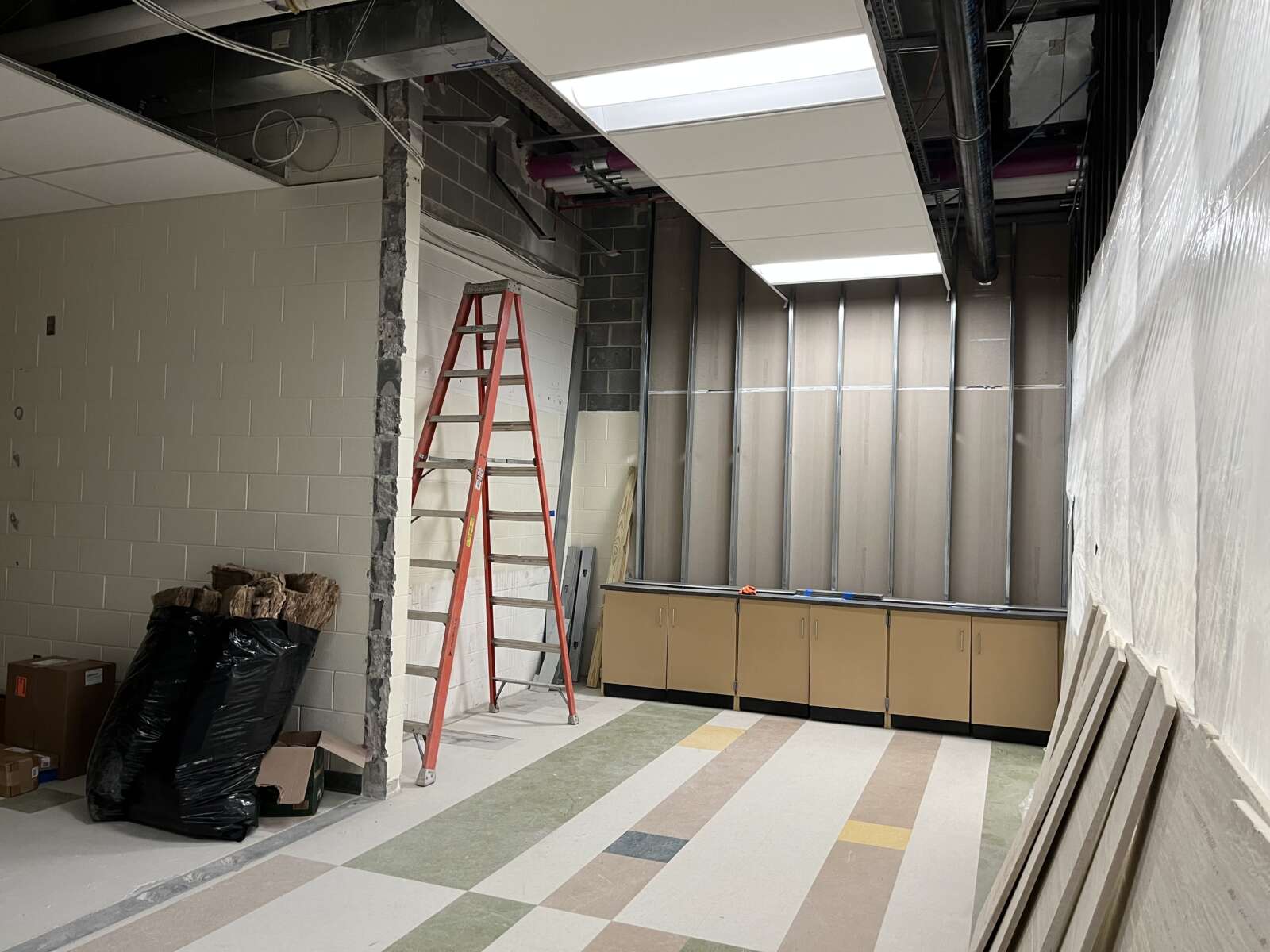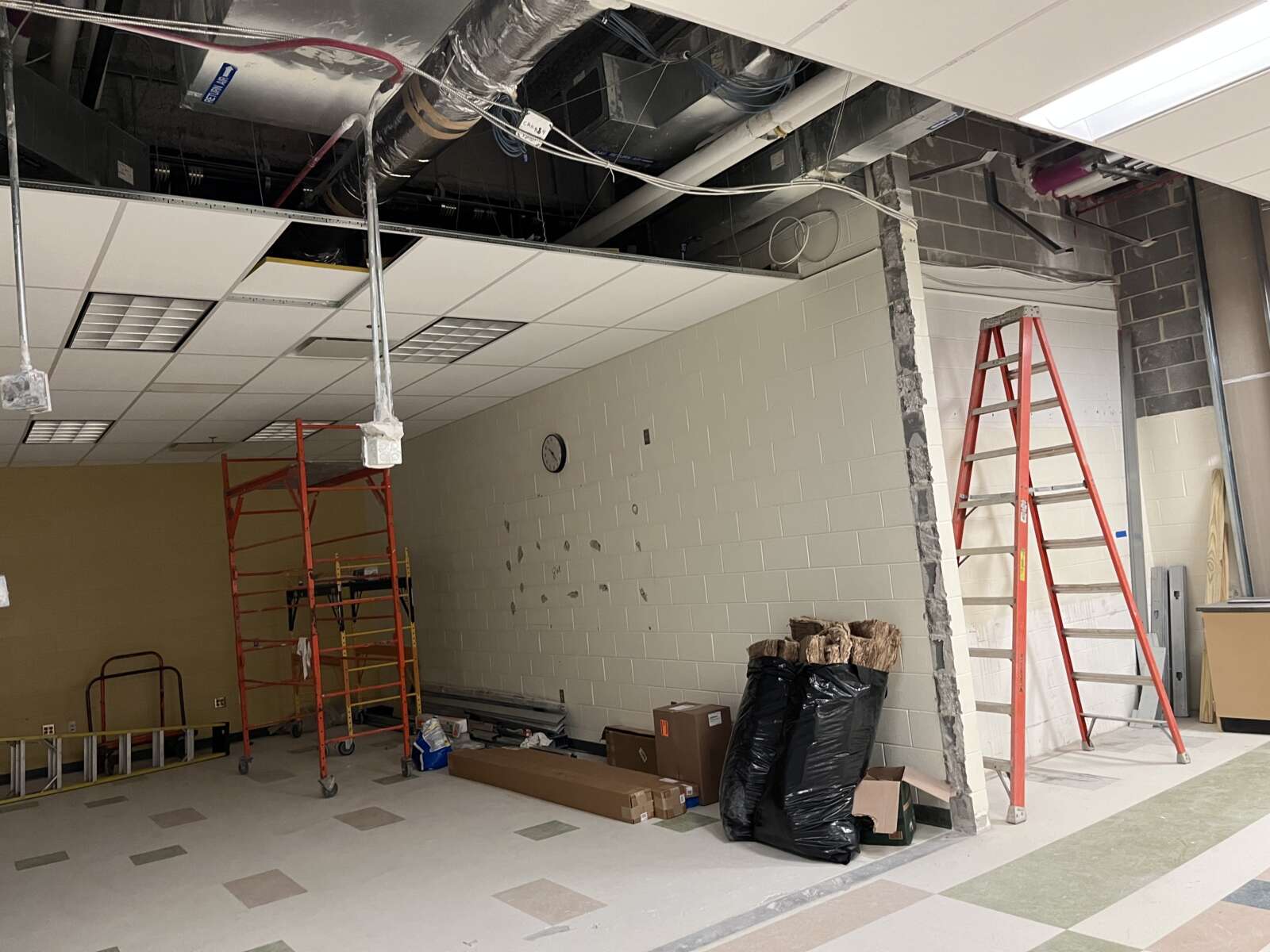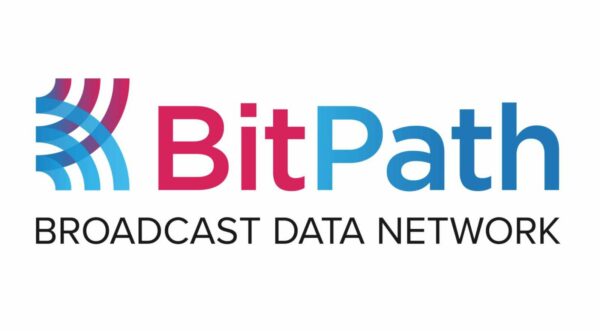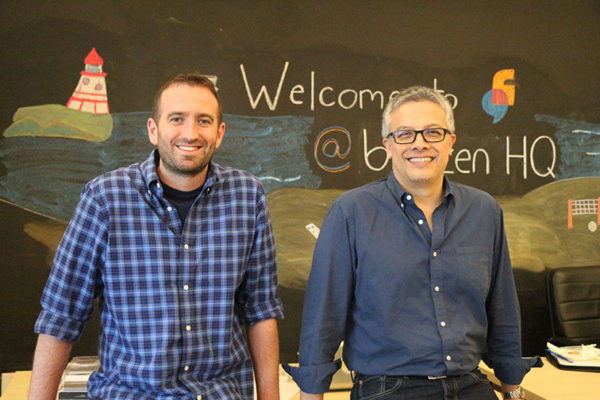Sponsored by Monday Properties and written by ARLnow, Startup Monday is a weekly column that profiles Arlington-based startups, founders, and other local technology news. Monday Properties is proudly featuring 1515 Wilson Blvd in Rosslyn.
Cryptocurrency — and the technology underpinning the latest developments within this world, like non-fungible tokens (NFTs) — are complex enough to make the average person’s head spin.
Enter OVRT, a new Arlington-based crypto-community that exists to offer locals and D.C.-area artists free education on cryptocurrency, like bitcoin, and how they can dive into this wholly digital financial world and make money in it.
OVRT is co-founded by Scott Parker, who is behind a bevy of businesses throughout Arlington like Don Tito’s restaurant and Bearded Goat Barber, and Northern Virginia local Ryan McNey, who Parker considers a “borderline certified expert” in cryptocurrency.
“We both have a lot of energy, we both love to work on stuff, and we’re both were excited about this space,” Parker tells ARLnow. “It makes sense for me to be able to connect him to local business people, entrepreneurs, artists — anyone I can help with OVRT. I’ve been successful with helping a lot of people come join the OVRT movement, and I’m excited to be a part of it.”
Their aim is threefold: first, educate locals about cryptocurrency; second, help artists earn a more sustainable living from their art using NFTs; and finally, open up conversations about this wholly digital financial world with lawmakers and regulators.
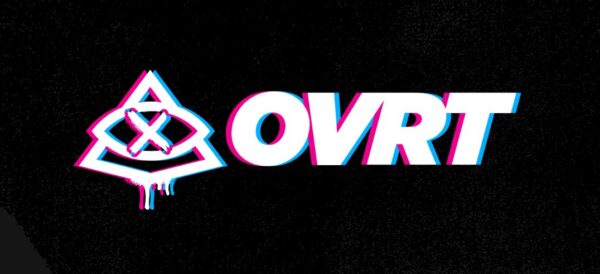
So what are all these concepts?
Cryptocurrency is a form of encrypted digital currency. It is stored on the blockchain, which is basically a “digital ledger.” People use blockchain technology to make non-fungible tokens, or unique versions of things like digital artwork or sports memorabilia that can be digitized.
And how does all this benefit artists?
NFTs are fundamentally a way of verifying someone owns something digitally. There is a contract attached to that image, McNey notes, and every time an NFT gets bought or traded, the person who issued it can take a cut. That contrasts with physical art that is sold by the artist once, only to appreciate in value without returning any of that value to the original creator.
For artists, NFTs can mean significant income in royalties without cuts to managers and middle men. They can use NFTs to make money on their artwork, which might otherwise circulate the internet via screenshots and illegal downloads, without them seeing a penny, he says.
The co-founders of OVRT say successful artists will make great reference points when they discuss the benefits of cryptocurrency with lawmakers and regulators, who will eventually be drafting policies and regulations governing these transactions.
“As someone who’s been in crypto for eight years, I know that for us to succeed, it’s vital that policymakers and regulators are making informed and educated decisions versus reactive ones,” McNey said.
But the conversation cannot begin with heady jargon like “yields, staking and decentralized banking,” he says. It has to begin somewhere tangible.
“I’m going to talk to them about art,” he said. “We have to meet them where they are.”
OVRT is fully remote right now, but eventually, Parker and McNey would like to open up a space — likely in Arlington, given Parker’s local connections — where they can showcase artists and host events. Next Wednesday (March 30), they are launching OVRT’s first NFT called “HYPEES,” made by Matt Corrado, a prolific D.C. artist who has worked with Nike, Heineken and Converse.




